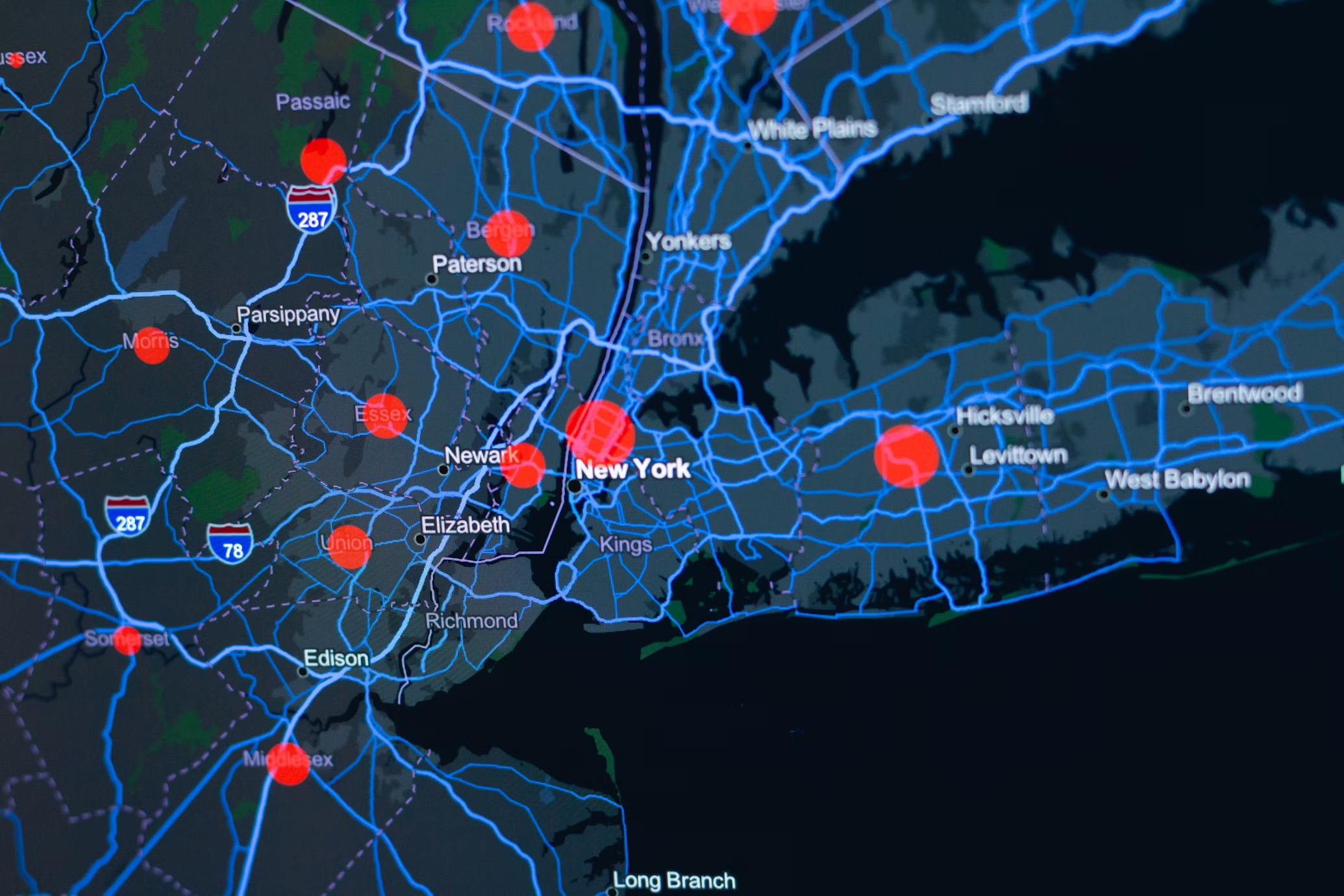How IP Geolocation Builds Immersive Localized Experiences
With global users, businesses, big and small, are under pressure to serve up relevant, personalized content to them that is relevant to their geographic context. The savvy developers are turning to IP geolocation to give use of the raw IP addresses to actionable visitor insights so they can build customized front-end experiences based on city level.
IP geolocation is the process of deriving geophysical coordinates and locale metadata from IP addresses via public Whois registration data and proprietary IP mapping databases. A modern IP location API, such as GeoPlugin or MaxMind, accepts IP address input and returns visitor details like country, region, city, postal code, latitude and longitude, internet service provider (ISP), languages, time zone, and even currency.
Armed with this geographic intelligence, developers can build immersive localized experiences that make users feel “at home” no matter where they connect from worldwide. Common applications include:
Dynamic Content Localization:
- Welcome users in their native language.
- Highlight region-specific products/services.
- Localize pricing in real-time based on locale.
Intuitive Forms and Checkouts:
- Pre-fill country, city, and postal code.
- Auto-convert pricing to local currency.
- Prioritize nearby brick-and-mortar stores.
Geo-Personalized Marketing:
- Geo-fence ad campaigns to high-value regions.
- Trigger messages on entry/exit from locations.
- Respect global data regulations (GDPR).
Enhanced Logistics:
- Optimize delivery routes with reverse geocoding.
- Show accurate shipping estimates pre-purchase.
- Proactively notify nearby service centers.
IP geolocation brings context to bring visitors, boost conversions, and serve to delight customers and customers from all over the world. And that comes in the form of the capabilities mentioned above, which enable the kind of personalized user experiences we aim for with our apps.
The Localization Layer for Global Business
Global digital properties face a paradox: as the world becomes more interconnected, users expect experiences attuned to their micro-environment. IP geolocation provides the localization layer to resolve this tension.
GeoPlugin’s IP Geolocation API exemplifies this approach, detecting over 200 geo-attributes from IP addresses directly in the browser without any backend configuration. Support for JavaScript, JSON, PHP, XML, and other formats simplifies embedding across technology stacks to unlock real-time personalization.
Upon landing on a geo-enabled site, the script captures the user’s IP address, extracts actionable intelligence like city and country-level attributes, and returns this data to the front-end to inform localization. The entire round-trip takes mere milliseconds, with no visible lag to the end-user.
This real-time feedback loop enables nuanced localization strategies:
- Multilingual content to resonate across cultures.
- Hyperlocal imagery and examples tailored to the visitor.
- Native currency/units for intuitive pricing.
- Localized date/time formatting and context.
By bridging geography and digitization, IP geolocation builds immersive experiences that feel familiar worldwide.
Optimizing the Entire Customer Journey
IP data powers personalized touchpoints throughout the customer journey:
- Entry Pages greet visitors in their native language.
- Product Listings feature relevant items first.
- Prices appear converted into local currency.
- Checkouts auto-fill appropriate fields.
- Confirmation Emails include local store addresses.
This end-to-end localization boosts engagement and conversions by reducing friction at every step. Site visitors enjoy intuitive interactions while businesses maximize customer lifetime value.
Special Considerations for E-Commerce
As online shopping penetrates emerging markets, e-tailers must engage buyers worldwide while respecting geographic nuances. Here, IP geolocation lends two major advantages:
Real-time currency conversion eliminates cart abandonment tied to unexpected foreign prices. By detecting visitor location and fetching live exchange rates, stores can dynamically display prices converted into the native currency. No more sticker shock!
Geo-targeted pricing optimization allows granular price tuning based on fine-grained economic attributes. Varying price points by latitude bands or regional income levels, for instance, balances revenue across high-value and cost-sensitive markets.
Together, these strategies boost global conversion rates while capturing optimal value from worldwide demand.
Building Geo-Personalized Ad Campaigns
Location-based advertising unlocks major efficiency gains by concentrating budgets on high-intent segments. IP geolocation provides the signals needed for surgical ad targeting and spend optimization.
Platforms like Google Ads integrate IP data to enable radius-based campaign scoping, location bid adjustments, and hyper-local ad variants. By combining intent signals with geographic qualifications, marketers minimize waste and maximize conversions.
Geo-fencing also gains precision with IP augmentation: registering user entry/exit events from specific regions triggers personalized messaging and geo-framed offers. This positions relevant calls-to-action when target personas come within a location-based “fence”.
Compliance Benefits: GDPR, Geo-Restrictions
IP location plays a critical role in respecting global data regulations by identifying visitors subject to specialized policies.
For the European Union’s General Data Protection Regulation (GDPR), detecting user geography is necessary to trigger compliant consent forms and data handling controls. IP lookup provides a client-side signal to identify and serve notices to EU-based visitors appropriately.
Similarly, IP geolocation enables geo-blocking to enforce access restrictions by country or region. By alerting to out-of-region traffic, platforms can restrict content, services, and promotions to conform with local laws.
Accurate Reverse-Geocoding for Logistics
Mapping geographic coordinates to physical addresses poses challenges for last-mile delivery and location-based services. However, reverse-geocoding via IP lookup helps pinpoint sites by converting latitude/longitude to human-readable locations with street-level precision.
This enhances route planning and fleet optimization, especially in emerging markets with dynamic addressing schemes. Drivers receive accurate delivery destinations while dispatchers effectively sequence jobs based on actual road distances.
By tracing IP data back to physical spaces, reverse IP geolocation bridges the gap between digital interactions and tangible world navigation.
As the world shrinks, global business success depends on local resonance. IP geolocation provides the digital compass, enabling developers to engage each customer in context – wherever the path leads.







